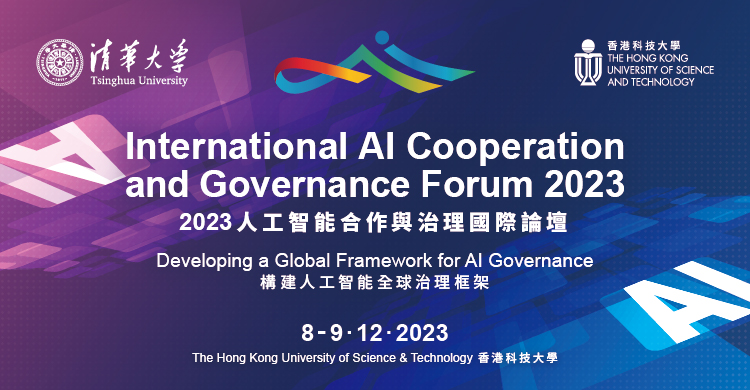Recent progress in generative artificial intelligence (genAI) has ushered in a new era in AI research and development, with an increasing pace of applications. Generative AI models have shown astonishing emergent capabilities well beyond the original purposes for which they were originally trained. With these new capabilities, the world is witnessing exponential growth of commercial applications globally despite concern that the training and release of such models have not been standardized or regulated.
As shown by the widespread use of the latest technology, it is clear that this recent paradigm shift in AI offers great potential for beneficial use, not just in terms of workplace productivity, but also in areas of medicine and healthcare, sustainable development, the environment and climate change. GenAI has potential to help humankind solve complex problems in areas that have eluded us thus far.
However, challenges remain in terms of the safety and controllability of such powerful models, as well as concerns for privacy and security, traceability and liability, malevolent deployment for disinformation, fraud and other harmful content creation. Of particular concern, the most recent powerful AI models are prone to hallucinating untruthful content. Consequently, government agencies and policy makers around the world are devising and considering regulations against the misuse of genAI. Despite its urgency, differences exist among countries and regions on regulatory goals. Such differences are due in no small part to cultural and contextual variation. Nevertheless, it is critical that all stakeholders around the world collaborate in a multilateral effort to prepare for a common AI future for all of humanity. Against a backdrop of global uncertainty and various crises, stakeholders ranging from academic researchers, industrial practitioners to regulatory authorities around the world are paying unprecedented attention to monitoring genAI and enforcing appropriate regulations. Multistakeholder deliberation and transnational decision making will be critical for ensuring that AI systems are aligned with human intentions and values.
This year’s Forum will convene leading thought leaders and practitioners in AI ethics and governance from different cultures around the world to develop a future global framework of Generative Artificial Intelligence governance with the objective of ensuring that such a framework contributes to an inclusive, harmonious, sustainable and human-centered world.
Background



